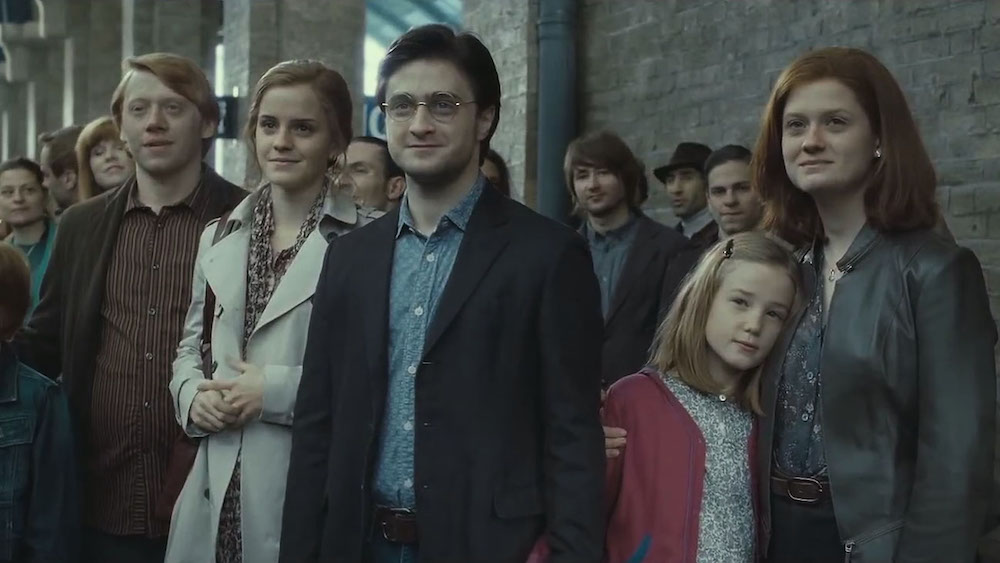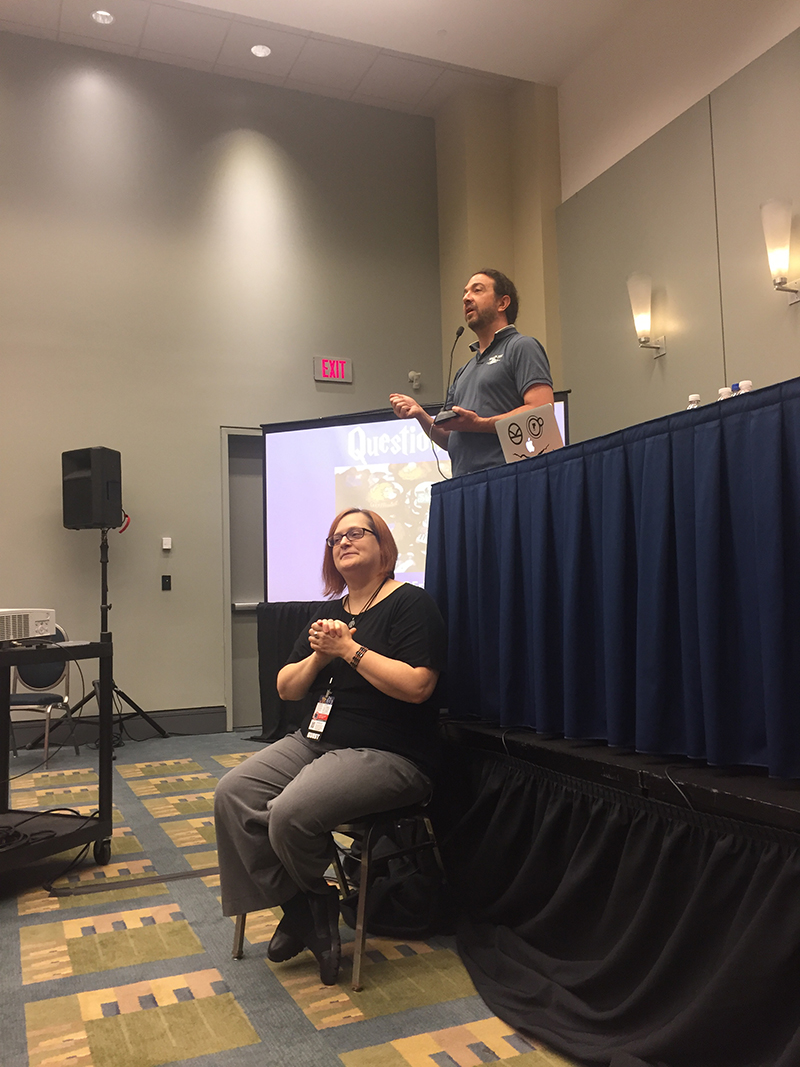Genetics of Wizardry: Were Harry Potter's Magical Powers Written in His DNA?

WASHINGTON — In the world of "Harry Potter," magical ability runs in the family. Witches and wizards have parents who are witches or wizards, and they are typically born into families that have already produced generations of wand-wielders.
There are exceptions to this rule — Hermione Granger was born to a pair of Muggles (people without magical powers), and Harry's roommate, Seamus Finnigan, was the son of a Muggle father and an Irish witch.
And sometimes, a witch and wizard couple will produce a non-magical person — known as a squib — such as the cranky Hogwarts caretaker Argus Filch, or Harry's Privet Drive neighbor and childhood babysitter, Arabella Figg. Magic appears to follow some of the same rules as other traits that are inherited, but what could be the genetic factors that explain why someone is born a witch or a wizard — or without any magical ability at all? [Science Fact or Fiction: The Plausibility of 10 Sci-Fi Concepts]
A roomful of people here at Future Con got a crash course in wizarding DNA — and the basic workings of genetics — on June 17, at a talk hosted by Eric Spana, an assistant professor in the Department of Biology at Duke University, in North Carolina.
Genetics can explain more in the "Potterverse" than just magical ability — like the Weasley family's signature hair color, for example. Red hair is caused by a mutation in the MC1R gene; but it's a recessive trait, which means it crops up only when the mutation is present in both sets of DNA that a child inherits. Arthur and Molly Weasley are both redheads, thereby ensuring that their offspring would inherit two copies of the gene mutation, and would be born with red hair, Spana explained.
However, in the very last scene of the final movie, "The Deathly Hallows: Part 2" (Warner Bros. 2011), we see that Harry and Ginny's young daughter Lily has red hair, even though Harry's hair is brown. In that case, the gene mutation came from Harry's copy of his mother's DNA. His mother had red hair, so he inherited the mutation — but it couldn't do anything until it encountered a second copy of the mutated gene in Ginny Weasley's DNA, Spana said.

Is the wizarding gene recessive, like the gene for red hair? Hagrid, the half-giant-half-wizard groundskeeper at Hogwarts, proves that it isn't, according to Spana. Giants have no magical ability, and Hagrid was born to a giant mother and a wizard father. For him to be born a wizard with only one copy of the wizard gene in his DNA, magical ability would have to be a dominant trait, Spana said.
Sign up for the Live Science daily newsletter now
Get the world’s most fascinating discoveries delivered straight to your inbox.
This example seems to hint that magic is linked to the Y chromosome, which means the gene would have to come from the father's DNA (females have two X chromosomes, while males have one X and one Y chromosome). However, Seamus Finnigan had a Muggle father and a witch mother, which suggests it can't be the Y chromosome that carries the gene. That would make wizarding ability something called an autosome — a trait that isn't linked to sex characteristics, Spana said. [Unraveling the Human Genome: 6 Molecular Milestones]
"It's an autosomal, dominant trait," he concluded.
But if it's a dominant trait, then where did Hermione's magic come from, as the first witch to be born in her family? Hermione is an example of a "de novo" mutation — a genetic mutation that appears in a lineage for the first time, due to a mutation in the egg or sperm, or within the embryo itself following fertilization. And this type of mutation occurs quite frequently in real life, Spana said.
A random mutation could also explain how a non-magical squib could be born to two magical parents, he added.
If the wizarding gene is working correctly, it makes a certain type of protein. The phenotype, or observable characteristics resulting from that activity, is magical ability. But if there's a mutation in that gene — Spana suggested calling it the "SQUIB" mutation — a different type of protein turns the magic gene off. If one parent's DNA carries a copy of the SQUIB mutation, it can turn off the wizarding protein, which cancels a child's ability to do magic.
"We do this in fruit flies all the time," Spana said, referring to manipulation of hereditable traits in general and not of genes for magic.
And then there are individual variations in wizarding ability, with some witches and wizards recognized to be more powerful than their fellows. Could genetics explain that as well? Not entirely, Spana said.
"I come from the 'basketball school' — genetics makes you 6-foot-8, but it doesn't give you skill. Working at it gives you skill," Spana said. Hermione's power, as well as the varying degrees of expertise demonstrated by the Weasley children, suggests that one's magical ability is not completely reliant on genetics, he said.
As the discussion drew to a close, an audience member asked Spana the one question that must accompany any serious conversation about the Potterverse: Which Hogwarts house would the Sorting Hat have placed him into?
"I'm 100 percent Slytherin — or as I like to call it, 'Management,'" Spana said.
Original article on Live Science.

Mindy Weisberger is an editor at Scholastic and a former Live Science channel editor and senior writer. She has reported on general science, covering climate change, paleontology, biology and space. Mindy studied film at Columbia University; prior to Live Science she produced, wrote and directed media for the American Museum of Natural History in New York City. Her videos about dinosaurs, astrophysics, biodiversity and evolution appear in museums and science centers worldwide, earning awards such as the CINE Golden Eagle and the Communicator Award of Excellence. Her writing has also appeared in Scientific American, The Washington Post and How It Works Magazine. Her book "Rise of the Zombie Bugs: The Surprising Science of Parasitic Mind Control" will be published in spring 2025 by Johns Hopkins University Press.










